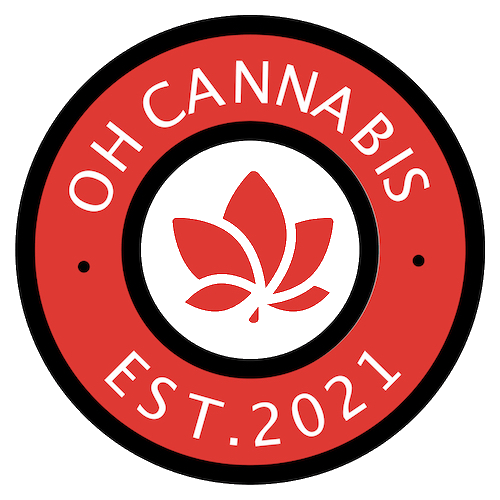THC vs CBD
THC
THC, also known as delta-9 tetrahydrocannabinol, is the primary cannabinoid found in cannabis. This remarkable compound is responsible for the psychoactive effects commonly associated with the plant. When cannabis is smoked, THC is inhaled into the lungs and quickly enters the bloodstream, swiftly making its way to the brain. Once in the brain, THC triggers receptors, resulting in the euphoric sensation known as feeling high. It is worth noting that a product with a THC concentration of 20% or higher is considered potent and recommends careful consumption.
CBD
CBD, short for cannabidiol, is the second most abundant cannabinoid found in cannabis. Unlike THC, CBD does not interact with cannabinoid receptors in the brain, meaning it does not produce the psychoactive effects associated with getting "high." In fact, research suggests that CBD may even counteract the intoxicating effects of THC, potentially minimizing unwanted side effects. While the scientific community continues to study how CBD functions, many people use it for its potential therapeutic benefits. It is important to note, however, that these alleged benefits are still unproven and not fully understood. When it comes to CBD concentration in cannabis, the definition of "high" can vary, ranging from 4% to 9% and beyond. Keep in mind that CBD concentrations can also differ in oil and capsule formats, depending on the producer.
New users should consult with their family doctor before using cannabis.
If you have any questions or wish to share your experiences with THC and CBD let us know in the comments.
